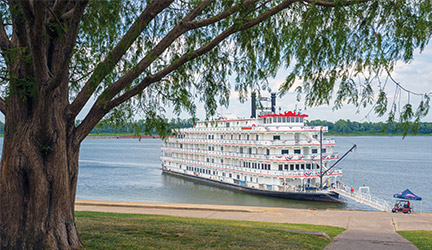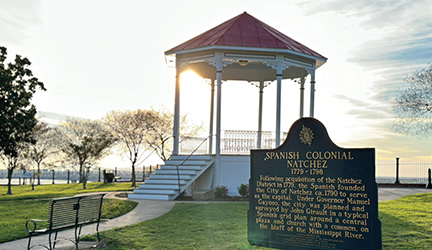The Mississippi River has long been a defining force in American history—shaping cultures, economies, and ways of life along its long winding path. As one of the world’s great waterways, it has played an essential role in the development of the United States. Today, American Cruise Lines offers immersive itineraries that highlight the storied past and dynamic present of the Mississippi, stopping at historic and scenic river towns along the way. Cruise the best parts of the Mighty Mississippi on any of our exclusive and comprehensive itineraries.

Geological Features: How Was the Mississippi River Formed?
The Mississippi River’s origins date back millions of years, shaped by Ice Age glaciation and shifting waterways. The river’s present course was carved after the last glacial retreat, leaving behind a vast drainage basin covering over 1.2 million square miles. Stretching 2,350 miles, the Mississippi is the second-longest river in North America, with depths reaching up to 200 feet in some areas. Its dynamic ecosystem supports a diverse range of wildlife, including bald eagles, great blue herons, river otters, and the endangered pallid sturgeon. The wetlands along its banks serve as critical habitats for migratory birds, while its waters teem with over 260 fish species, making it one of the most ecologically diverse river systems in the country. Learn more fun facts about the Mississippi River.
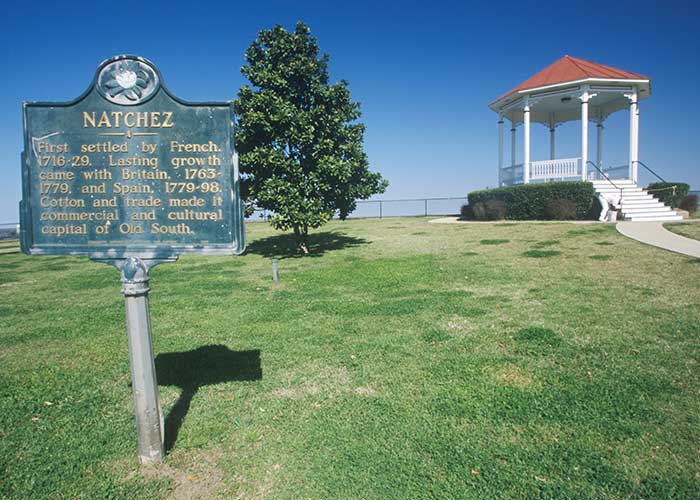
Indigenous Peoples and Early Exploration
Long before European exploration, the Mississippi River was home to thriving Indigenous cultures, including tribes such as the Choctaw, Chickasaw, and Natchez. These communities relied on the river for food, trade, and transportation, establishing vast networks that connected villages and regions. The river’s name comes from the Ojibwe word Misi-ziibi, meaning “Great River.” It was a sacred and economic lifeline, shaping traditions that persist today in art, music, and storytelling among Indigenous descendants. French explorers, including Jacques Marquette and Louis Jolliet, mapped the river in the 17th century, and by 1763, the Treaty of Paris gave Britain control of the river’s eastern banks, marking a shift in colonial power.
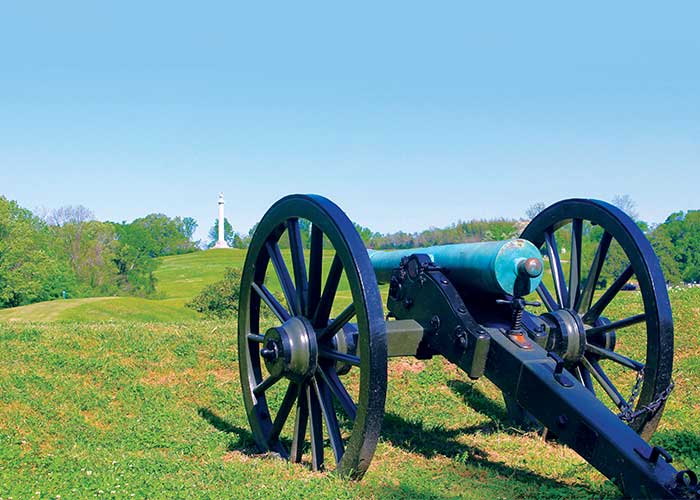
19th Century Along the Father of Waters
The Mississippi River played a crucial role in westward expansion, particularly following the Louisiana Purchase in 1803, which doubled the size of the United States. During the Civil War, the river was a strategic stronghold, with key battles such as the Siege of Vicksburg determining control of vital trade routes. As steamboats revolutionized transportation, cities along the river flourished, solidifying the Mississippi’s role as the backbone of commerce and settlement.
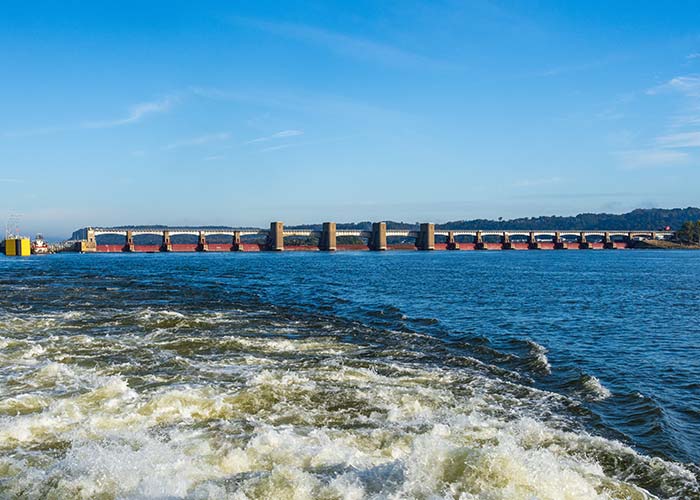
Why Is the Mississippi River Important in Industrialization?
The Mississippi River is commonly known as America's first highway, and for good reason. The Industrial Revolution saw the Mississippi become a hub for economic growth, with steamboats, railroads, and river ports fueling trade and industry. By the mid-19th century, the river carried millions of tons of goods annually, including cotton, timber, coal, and agricultural products, making it a crucial artery for national and international commerce. Cities like St. Louis, Memphis, and New Orleans grew into major commercial centers, while ports and shipyards lined the riverbanks. The construction of locks and dams, including the Upper Mississippi River's extensive lock system, improved navigation and facilitated the movement of goods year-round.
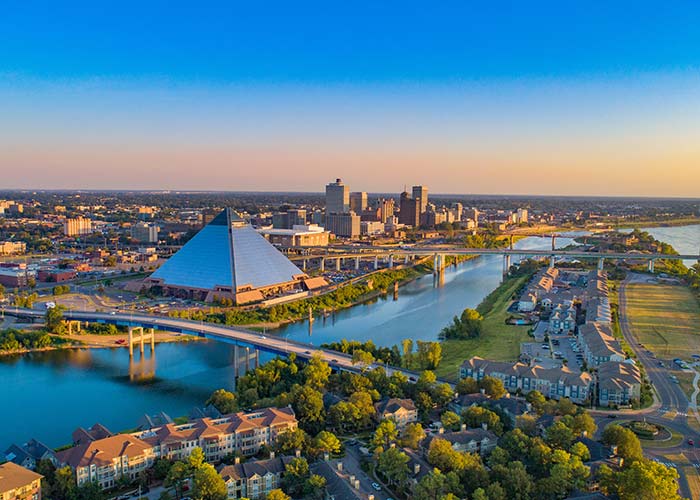
The Modern Era of the Mississippi River
Today, the Mississippi River remains a powerful force, supporting vibrant communities, industries, and ecosystems. It boasts major tributaries like the Missouri and Ohio Rivers and provides essential drinking water and agriculture resources. Ongoing conservation efforts aim to preserve its delicate balance while maintaining its economic importance. The famed river has seen the birth of celebrated soulful music to some of the most recognizable and sought-after meals.
Experience the Mississippi River’s Legacy
The Mississippi River has been a lifeline for civilizations for thousands of years, shaping the cultural and economic fabric of America. From early Indigenous settlements to modern riverfront cities, its legacy endures. Explore its history up close with American Cruise Lines and sail through time along this legendary waterway. With so many dynamic itineraries, it's easy to plan your Mississippi River cruise today.

